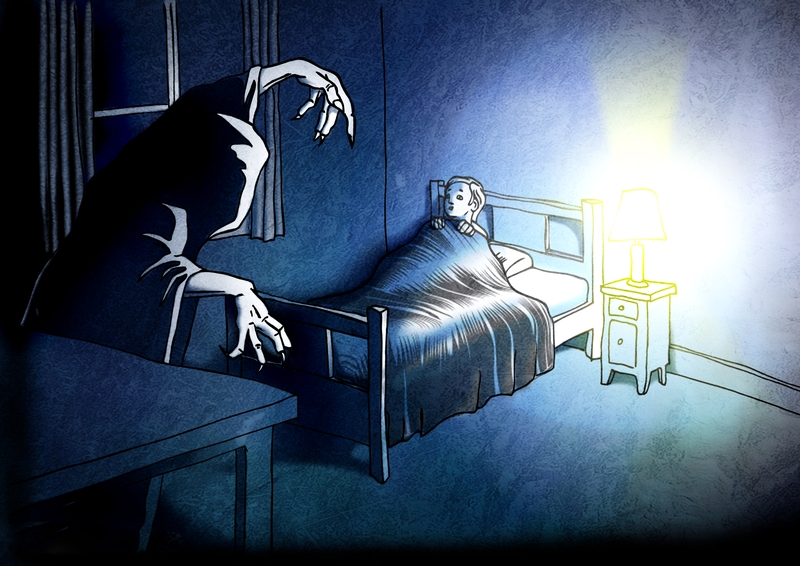Every once in awhile, a frustrated advocate will take their wrath out
on me, their humble mediator. This happened this week when I sent an
email to one of the advocates, who had to leave early from a mediation
hearing on Friday, requesting that he and his client return on Monday to
complete the unfinished negotiations. I had the full weekend to
consider a new approach: one that would delve deep into the factual
basis for his client's claim for indemnity. When Monday morning
arrived, instead of expressing delight that the former employer had
settled the case in chief and agrred to pay all of the damages on behalf
of his client, the lawyer for the employee was furious--apparently at
me for a failure to call his cell phone and instead leaving a very
formal email (sent by my case manager, not me) requesting them to attend
the continuance of the hearing set for Monday, but sent after business
hours!
Because it was my responsibility to give notice and get everyone as ready as possible to successfully complete the negotiations, I took it quite personally. At times like these, I find it useful to figuratively "go to the balcony", by which I mean literally to take a walk, chat with colleagues and regain my balance and perspective. I am engaged to perform a job and if I allow myself to be ensnared in the conflict, I am ineffective. Still, it was challenging to bring myself out of the conflict so that I could effectively conduct the balance of the negotiations before me with my usual even-handedness.
What strategies do you employ to stay out of other people's disputes as mediator or to avoid pointing fingers as the mediator as a target?
Because it was my responsibility to give notice and get everyone as ready as possible to successfully complete the negotiations, I took it quite personally. At times like these, I find it useful to figuratively "go to the balcony", by which I mean literally to take a walk, chat with colleagues and regain my balance and perspective. I am engaged to perform a job and if I allow myself to be ensnared in the conflict, I am ineffective. Still, it was challenging to bring myself out of the conflict so that I could effectively conduct the balance of the negotiations before me with my usual even-handedness.
What strategies do you employ to stay out of other people's disputes as mediator or to avoid pointing fingers as the mediator as a target?



